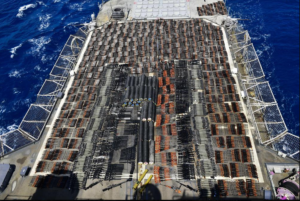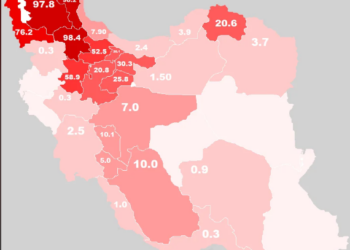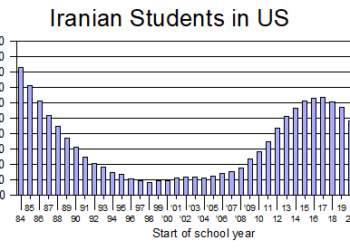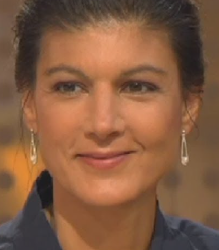May 14, 2021

The European Union has imposed sanctions on eight Iranian Pasdar generals and other officials—including one woman for the bloody crackdown on protests in November 2019.
The travel bans and asset freezes are the first EU sanctions on Iran for human rights abuses since 2013. They came as the EU is trying to revive the nuclear agreement. Some suggested the decision to impose the new sanctions at this time was intended to signal the Islamic Republic that the EU has little patience with the conduct of the regime.
The EU also sanctioned three prisons with asset freezes Evin, in northern Tehran; the Greater Tehran Central Penitentiary, also known as Fashafuyeh Prison, located south of the capital; and Rajaishahr prison, located in Alborz province west of the capital.
The senior-most officer blacklisted is Maj. Gen. Hossain Salami, the commander of the Pasdaran. The other Pasdaran officers sanctioned are Gholam-Reza Soleymani, chief of the Basij Organization, Brig. Gen. Mohammad Pakpur, commander of the Pasdar Ground Forces, and Brig. Gen. Hassan Shahvarpur, commander of the Pasdar forces in Khuzestan province.
The police officers sanctioned are Hossain Ashtari, commander of the National Police, and Hassan Karami, commander of the police Special Units, which were the main forces deployed to crush the November 2019 protests.
The other two persons sanctioned are Gholam-Reza Ziaei, the warden at Evin at the time of the November 2019 protests, and Leyla Vaseqi, the sole woman targeted. She is the governor of the city of Shahr-e Qods in western Tehran province. The EU says she ordered the use of lethal force to suppress the November 2019 disorders in her city, but does not say how many died there. The EU noted that during the 2009 protests Ziaei was warden of the Kahrizak detention center, where at least five young men were beaten to death.
The November 2019 protests which erupted spontaneously after the government tripled gasoline prices are believed to have been put down with more force than any other protests in the history of the Islamic Republic. The government has never issued a death toll, although it has repeatedly said it would do so. Estimates range from 200 to 1,500.
The 1,500 figure was reported by the Reuters news agency, citing three Interior Ministry officials it said gave it that number. The United Nations has published a death estimate of “at least” 304.
The EU published its new list of sanctioned officials April 12. Iran promptly dismissed the EU’s sanctions as “salid” and halted talks with the EU on issues other than the nuclear agreement.
“In response, Iran suspends comprehensive talks with the EU, including human rights talks and all cooperation resulting from these talks, especially in the areas of terrorism, drugs and refugees,” Foreign Ministry spokesman Saeed Khatibzadeh said. Such talks have not produced anything.
In a statement posted on its English language website, the Foreign Ministry called the new sanctions “impudent.”
The eight Iranians were added to an EU sanctions list for human rights abuses, a listing that was launched in 2011 and which now numbers 89 people and four entities. It includes a ban on exports of equipment to Iran that could be used for repression.
The National Police condemned the EU for imposing human rights sanctions, saying it should instead have condemned the Americans for blocking food and medical deliveries to Iran and for blowing up a bomb at the Natanz enrichment complex. It said this just proves “the EU has no place in the world.”
The chief Iranian negotiator at the nuclear talks with the EU, Deputy Foreign Minister Abbas Araqchi, said Iran considered the new EU sanctions to be “JCPOA-related” and therefore demanded they be removed before Iran would return to the JCPOA. However, it was noted that Araq-chi did not repeat that demand in succeeding days.


















